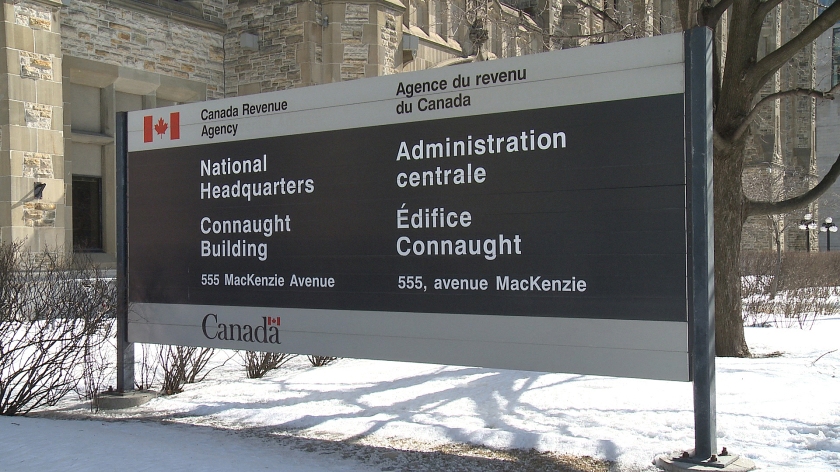
I came across an interesting article this morning regarding liens, governments (municipal – property taxes, Federal – the Canada Revenue Agency), and the idea that people with unpaid taxes, or tax debts run the risk of losing their properties to the government. The article can be read here, and the title of the article –
“More Hamiltonians losing properties due to unpaid taxes”
– scared the death out of me because I know the truth about liens, and right away I suspected something was out of sorts.
I continued to read the article which explained that due to a decline in manufacturing jobs, coupled with a prolonged economic downturn (recession) people are struggling to pay their bills, so the one bill they seem to be delaying payment on most often is their property taxes. In fact, the article states that, “A record number of properties are being slapped with liens because Hamilton home and business owners can’t pay their taxes. By the end of 2013, the city will have registered more than 500 properties after warning owners that time is up to pay their overdue taxes.”
That is a lot of back taxes, and you know that there will come a time when the city’s Director of Taxation will have to find some “incentive” to “encourage” people to pay their taxes and that could come in the form of making an example of someone very publicly in order to show the rest of the delinquent accounts what is going to happen to them… Soon… Maybe…
But is this article not the public shaming itself?
If you were unaware of the consequences of having outstanding property taxes, you would think that the government is going to slap on a lien, then come and take your house from you. I thought maybe the residents of Hamilton were losing their properties to the government, that the government is seizing and selling them in order to recover the unpaid property taxes at a rate far greater than anywhere else in Canada, and that certainly is not the case if you read the entire article.
While the facts clearly point to an increase in properties registered with tax liens from 2008 when the recession began until 2012, one needs to wonder if it has to do with an increase in prpoerty taxes owing, or if maybe another factor falls into play – maybe employees are getting better with practice registering liens to secure the government’s interest.
Below are the number of registered liens in Hamilton per year:
2008: 323
2009: 354
2010: 368
2011: 377
2012: 400
2013 (projected): 500+
Interesting, however, the reality is that, “Few properties are actually sold in city tax sales. There were six in 2012 and three the year before.”
So what does this exercise actually mean to the government and to you, the taxpayer?
It points out that the government will register a lien on any property you own in order to secure their interest in a tax debt you have. Municipalities do it, and the CRA does it. To be honest, the CRA should be registering liens against any and all properties which have equity in them.
The lien sits on the property and the owner is not allowed to sell or re-finance the property until the lien is paid in full. In fact, most financial institutions will only lend money in instances where there is a lien provided that the agreement entails payment in full of the lien and word from government that the lien is going to be removed upon receipt of the full payment.
So how does this explain the seizing and selling of 2 properties?
Simply.
The CRA, for example, makes it a policy to never seize a property where doing so would result in them having to “live in the street”. They will, however, never blink twice if the property they have registered a lien against is an income property, a cottage or in the case of a car, a second car. Those are fair game.
Does that mean you can ignore the lien?
Heck no!
But you need to know if the government is actively searching for assets to seize and sell, or if they are securing their interests. While they may not tell you, they will probably let your representative know – which is why prolonged tax issues regularly need a different voice to help the CRA understand that there is a person at the other end of the telephone and that nobody wants to be in a debt position they cannot get out of.
So before you ignore the debt, or the lien, you should understand that there is the possibility that the CRA could seize your asset in very short notice.
Don’t take a lien lightly.


